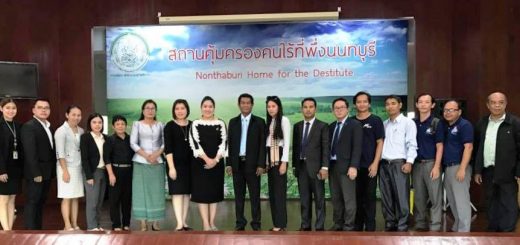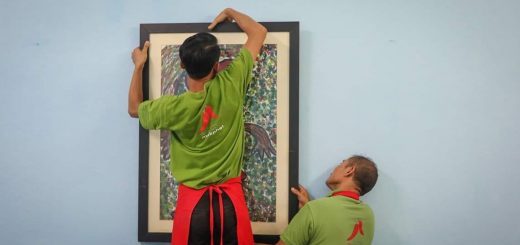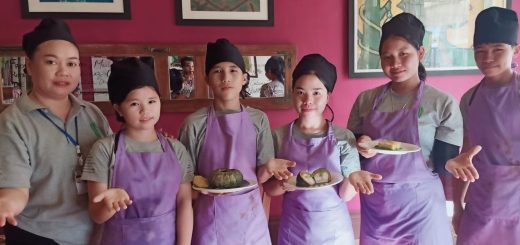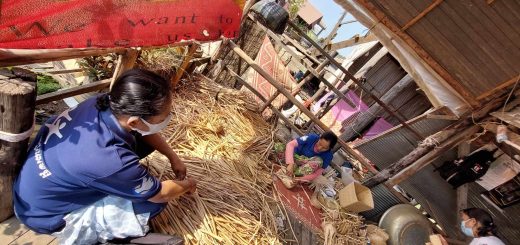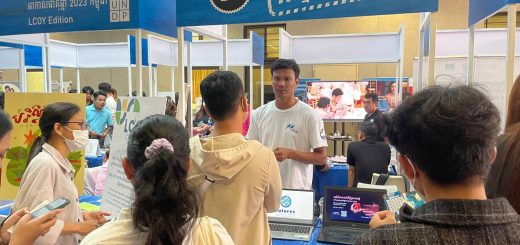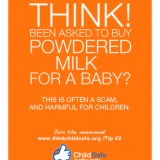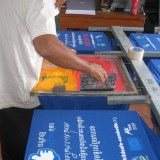Alter-Entrepreneurs at Davos
Friends-International founder Sebastien Marot has recently returned from Davos.
The attached article, originally in French, introduces many Social Entrepreneurs including Sebastien. It explains in some detail how Davos allows “Alter-Entrepreneurs” direct access to multinationals, top level government representatives, international organisations and philanthropic organisations drawn to the forum.
An invaluable opportunity for the 20 or so Social Entrepreneurs invited to the event.
Social entrepreneurs sell their innovations at Davos
The World Economic Forum, which closed yesterday, offers every year the occasion for around 20 CEOs to show how they combine economic viability with social innovation.
They’re not the participants most sought after by the media at the WEF, which yesterday closed its 41st edition. Unlike Carlos Ghosn (Renault), Michael Dell (Dell), Gerard Metrallet (GDF Suez) and other big names from the Swiss school. The social entrepreneurs are a race unknown to the to the business men.
But by inviting around 20 each year from the four corners of the globe to participate at Davos, on the same level as the others, and by building them a dedicated space at the centre of the forum, these kind of “alter-entrepreneurs” receive visibility and recognition. And as well, importantly, precious direct access to multinationals, top level government representatives, international organisations and philanthropic organisations drawn to the forum.
“I met many other social entrepreneurs. We exchanged ideas” says Andrea Coleman, the head of Riders for Health. The original idea of this British company is to get nurses in Africa on motorbikes. “Many can’t provide care in isolated villages because they don’t have adequate transport to get there. It’s a missing link that means the health care providers don’t feel competent. But if we just give them a motorbike it’s poisonous gift if they don’t know how to maintain it”, explains Andrea Coleman, who worked in motorcycle racing before creating this original organisation after a trip to Somalia in 1989.
In exchange for a motorcycle, training in maintenance and provision of associated equipment, Riders for Health charge 50 euro cents per kilometre travelled to the ministries of health where the company has signed contracts: in Gambia, Lesotho, Kenya, Nigeria, Zambia, and Zimbabwe. The billing process also serves to repay a loan of 3.5 million dollars contracted from a private Nigerian bank to buy 250 motorcycles. Company costs are also included in this amount. (We’ve created 300 jobs, all filled by Africans, no expats” adds Andrea Coleman, proud “to have changed the work for so many nurses.”
Jobs, Sebastian Marot has created 500 in South-East Asia. From Phnom Penh (Cambodia), this 40 something year old heads Friends-International, with the heart of an entrepreneur acquired notably during his professional debut in marketing for L’Oreal, and a passion for Asia which he discovered during his youth as a volunteer for national service (VSN). Started with his own savings, his NGO helps street children who are often addicted to drugs and members of gangs, to become active citizens.
With an original approach, Friends provides training to community members around these children. The local shop keeper, tuk tuk driver and neighbours are all trained on how to react in various situations, for example, if they see someone overdose on drugs, who they should contact, or how to spot “predators” recruiting young people into gangs.
“We also create a visible network of child protection” explains Sebastien Marot, who manages in parallel another network of restaurants, garages and beauty salons where his organisation earns income and where street children can learn a profession. “We look after 25,000 children in Cambodia, Laos and Thailand. Our objective is to reach 150,000 in 3 years” indicates the French manager of Friends, like a boss eying targets.
As an entrepreneur, Sebastien Marot has used his invitation to Davos to look for a group to which he can sell his restaurants as a franchise in an effort to create a chain. He also approached the representatives of the Inter-American Development Bank to start working in Latin America, where the problems of street children are just as severe.
“We select social entrepreneurs whose activities, lucrative or not, have already proved successful with a direct social impact somewhere else” explains Katherine Milligan, co director of the Schwab Foundation for the social entrepreneur. In total, nearly 200 companies or organisations of this type profit from the coveted address book of the World Economic Forum. The Foundation, where Muhammed Yunus, the inventor of microcredit is based, helps social entrepreneurs who are already established get to the next level.
This responds to the ambition of Naif Al Mutawa. This Muslim social entrepreneur who came to Davos has big ambitions for his comic book aimed at young people – The 99. Inspired graphically by Batman, the story lines convey the virtues of “biodiversity, multiculturalism and personal responsibility”. A theme park dedicated to these heroes has already opened in Kuwait and the episodes will be available soon on video. “These activities must be profitable so we can give the comic books to children in difficult countries, like Afghanistan, so that they can identify with positive heroes”, explains Naif Al Mutawa, persuaded that “a fiction can change the world”.
All the entrepreneurs that we meet have taken a different path but all have a common motivation to change the world” summarises the Schwab foundation. According to them, the forum of Davos claims – only – to “contribute to improving the state of the world”.
